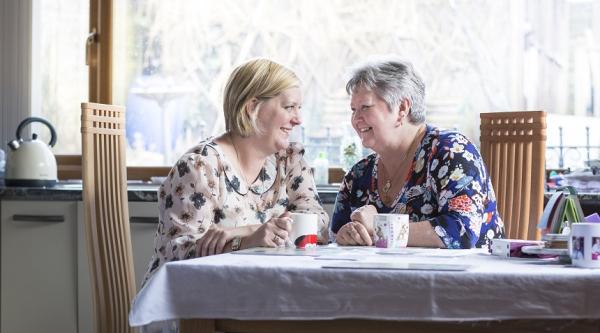Age and menopause
A study published on 11 April 2018 suggests fluctuations in the female hormone oestrogen over a woman's life played a bigger role than age of menopause onset alone.
The study, online issue of Neurology®, the medical journal of the American Academy of Neurology, involved 1,315 women from the Medical Research Council National Survey of Health and Development in Great Britain who had been followed since birth in March 1946.
The researchers collected information on age at menopause, either natural, hysterectomy or removal of the ovaries, whether they took hormone replacement therapy, and other factors that could affect thinking and memory skills, such as childhood cognitive ability, amount of education, smoking and type of occupation.
The study found that:
- Among 846 women who experienced menopause naturally, women who had later menopause had higher verbal memory scores
- There was very little difference in cognitive ability between those who started menopause early and those who started later.
- For the 313 women who experienced menopause due to surgery, there was no relationship between age at the time of surgery and memory scores.
Dr Aoife Kiely, Research Communications Officer at Alzheimer’s Society, says:
'Of the 850,000 people living with dementia in the UK, 65% are women. Previous research has suggested that the female hormone oestrogen could play an important role in memory, which might help to explain why more women than men have the condition. The age that a woman reaches menopause was also thought to be a big factor, but this study suggests that lifelong changes in oestrogen have a bigger effect on memory.
'That said, none of the women in the study were diagnosed with any form of dementia so we can’t confirm a link between dementia and oestrogen levels.'
'Of the top 10 causes of death, dementia is the only one that we can’t cure, prevent or even slow down. Studies like this shine a light on, and help us understand, a condition which devastates lives.'



